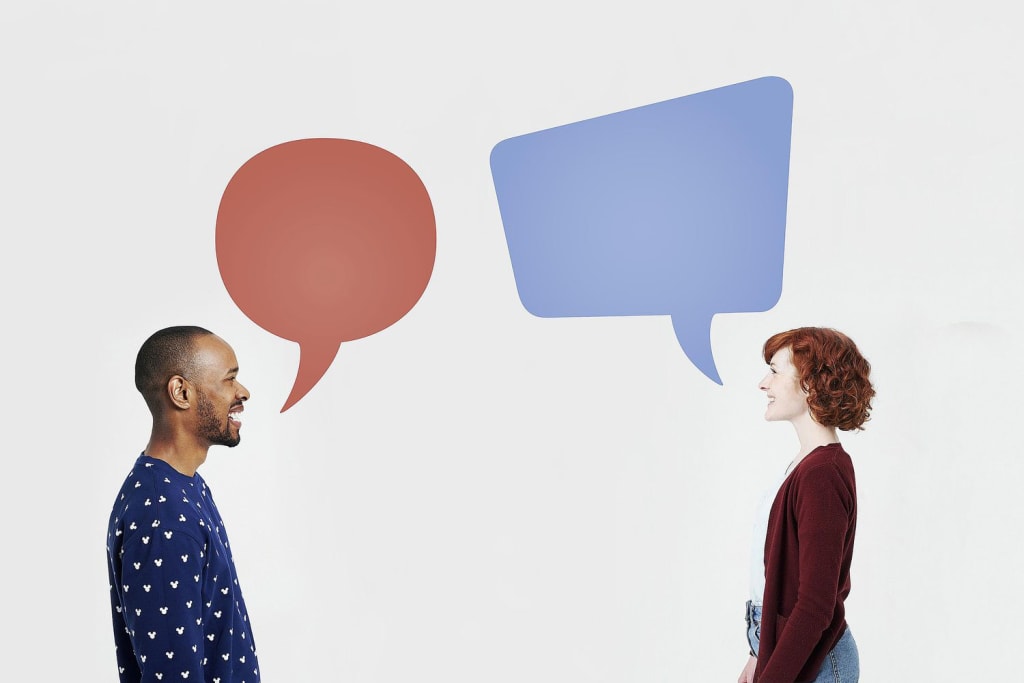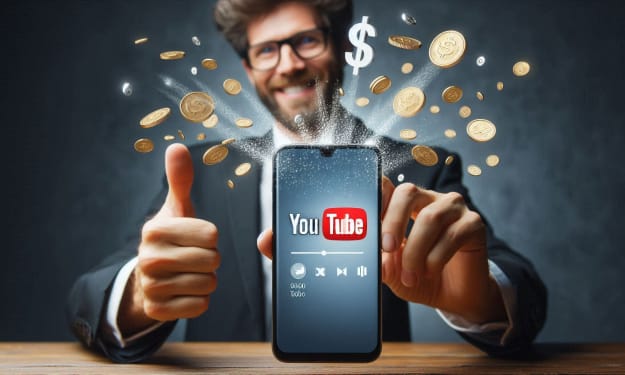Discourse Analysis
How Words Shape Our Interactions, Identities, and Social Structures

Discourse is a term that extends far beyond the simple use of language; it embodies the complex ways in which language operates within social contexts to convey meaning, shape interactions, and construct identities. It encompasses both spoken and written communication and involves not only the words themselves but also the surrounding context, including the participants, their relationships, and the broader cultural and institutional factors influencing communication.
Deborah Tannen’s Perspective on Discourse
Deborah Tannen, a renowned linguist known for her work on sociolinguistics and communication styles, offers a compelling definition of discourse. She describes it as "a way of speaking and listening, a set of culturally and socially defined practices that shape and reflect our interactions with others" (Tannen, 1984). Tannen's work emphasizes the role of discourse in shaping social relationships and maintaining cultural norms. She suggests that our ways of speaking and listening are not merely individual choices but are deeply embedded in the cultural and social practices of our communities.
Tannen’s perspective highlights how discourse serves as a vehicle for social interaction. For instance, the way we greet someone, the formality of our language, and even our choice of words can signal our social relationship with that person. These linguistic choices are influenced by our cultural background, social status, and the specific context in which the interaction takes place. Through discourse, we navigate and negotiate our social identities and relationships, adhering to or challenging the norms and expectations of our communities.
James Paul Gee’s View on Discourse
James Paul Gee, a prominent scholar in discourse analysis and literacy studies, provides another insightful definition. He describes discourse as "a socially accepted association among ways of using language, of thinking, feeling, believing, valuing, and acting that can be used to identify oneself as a member of a socially meaningful group or 'social network'" (Gee, 2014). Gee’s definition underscores the interconnectedness of language with identity, culture, and social practices.
According to Gee, discourse is not just about language but also involves ways of thinking and acting that are characteristic of particular social groups. For example, the discourse of a scientific community involves specific ways of speaking, writing, and thinking about the world that are distinct from the discourse of a literary community. These discourses help individuals identify themselves as members of these communities, reinforcing their social identities and affiliations.
Gee’s work emphasizes that discourse is a tool for social positioning. By adopting the language and practices of a particular group, individuals can signal their membership and alignment with that group. Conversely, those who do not conform to the group's discourse may be marginalized or excluded. Thus, discourse plays a crucial role in maintaining social boundaries and hierarchies.
Teun A. van Dijk’s Concept of Discourse
Teun A. van Dijk, a leading figure in critical discourse analysis, offers a definition that focuses on the power dynamics inherent in discourse. He defines discourse as "the use of language, both spoken and written, in social interaction" (van Dijk, 1997). Van Dijk highlights how language is used to construct and maintain social hierarchies and inequalities.
Van Dijk’s critical approach to discourse analysis seeks to uncover the ways in which language can perpetuate power imbalances and social injustices. For instance, media discourse can influence public perception by framing certain groups in a negative light, thereby reinforcing stereotypes and prejudices. Political discourse can manipulate public opinion and maintain the status quo by using persuasive language and rhetorical strategies.
Van Dijk’s work reveals that discourse is not neutral; it is a site of struggle where different groups vie for power and influence. By analyzing discourse, we can uncover the hidden mechanisms of power and resistance within society, understanding how language shapes our social realities.
These definitions by Tannen, Gee, and van Dijk highlight the multifaceted nature of discourse, encompassing not only linguistic elements but also social, cultural, and ideological dimensions. Discourse analysis seeks to uncover how language is used to negotiate meaning and power in various social contexts.
Discourse is more than just words; it is the intricate dance of language, culture, and power that shapes our world. By examining discourse, we can better understand how our interactions, identities, and social structures are constructed and maintained. This understanding can empower us to challenge and transform the social norms and power dynamics that shape our lives, fostering more equitable and inclusive communication practices.
About the Creator
Ms. Jahan
A writer with a passion for storytelling, has written in various genres, including articles, short stories, and reflective essays to share their musings and creative adventures.
Enjoyed the story? Support the Creator.
Subscribe for free to receive all their stories in your feed. You could also pledge your support or give them a one-off tip, letting them know you appreciate their work.






Comments
There are no comments for this story
Be the first to respond and start the conversation.